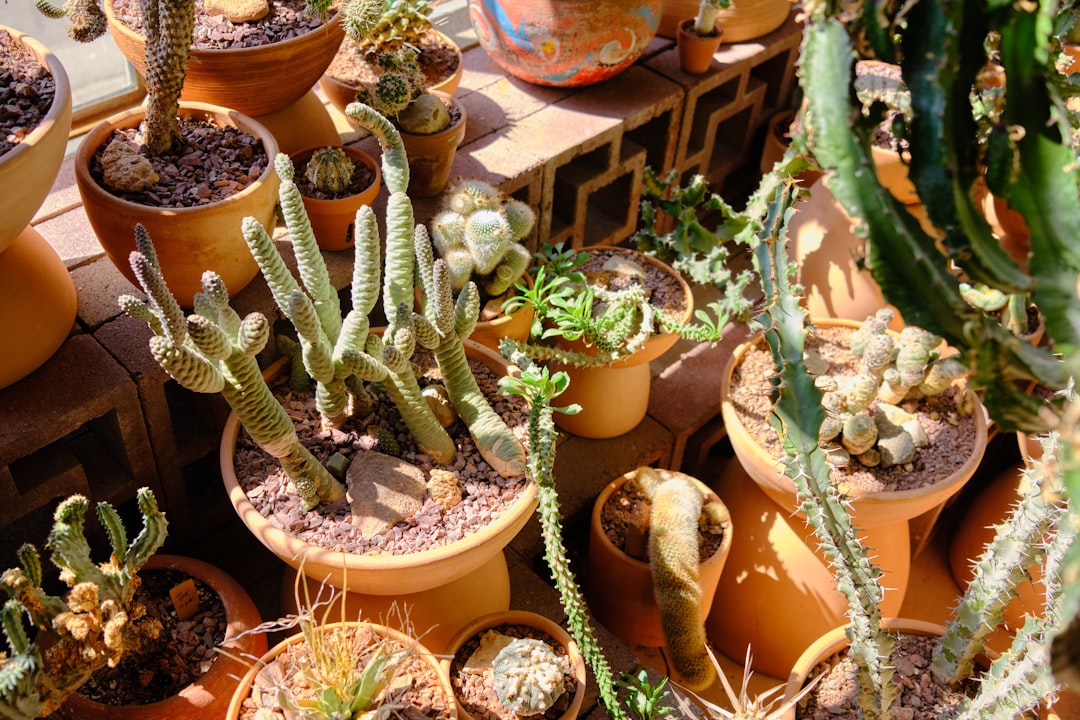Composting is the natural process of recycling organic matter, such as leaves, food scraps, and yard waste, into a valuable fertilizer that can enrich soil and plants. This process, driven by microorganisms, transforms organic waste into humus—a dark, nutrient-rich material that benefits soil health and promotes plant growth.
In an era where sustainable practices are gaining traction, composting emerges as one of the simplest yet most impactful activities to reduce waste and support the environment. But what makes it so important? Let’s explore the benefits of composting for soil, plants, and the planet.
How Composting Works
Composting is a biological process that requires four key components: organic material, moisture, oxygen, and microorganisms. When these elements come together, bacteria, fungi, and other decomposers break down the organic material, releasing heat and nutrients as byproducts. The result is a nutrient-rich compost that can be used in gardens, farms, and landscaping.
The Benefits of Composting
1. Enhances Soil Health
Compost is often referred to as "black gold" for its ability to improve soil structure and fertility. It adds organic matter to the soil, which:
-
Improves water retention.
-
Enhances aeration and drainage.
-
Balances soil pH.
By increasing the soil’s organic content, compost also supports microbial life, which is essential for nutrient cycling and healthy plant growth.
2. Boosts Plant Growth
Plants grown in compost-enriched soil are often healthier and more resilient to pests and diseases. Compost provides essential nutrients such as nitrogen, phosphorus, and potassium, promoting vigorous growth and higher yields. Additionally, compost acts as a natural slow-release fertilizer, ensuring that plants receive nutrients over time.
3. Reduces Waste in Landfills
Organic waste makes up a significant portion of what ends up in landfills. When organic matter decomposes in landfills, it produces methane, a potent greenhouse gas. Composting diverts this waste, reducing landfill contributions and mitigating climate change.
4. Protects the Planet
Composting is a sustainable practice that:
-
Reduces greenhouse gas emissions.
-
Lowers the need for chemical fertilizers, which can pollute water bodies.
-
Conserves resources by recycling waste into valuable nutrients.
By embracing composting, individuals and communities can contribute to a healthier environment and reduce their ecological footprint.
5. Prevents Soil Erosion
Compost increases soil stability, making it less prone to erosion by wind and water. This is especially important in areas with heavy rainfall or agricultural activity, where soil erosion can deplete nutrients and harm ecosystems.
How to Start Composting
Getting started with composting is easier than you might think. Here are some basic steps:
-
Choose a Composting Method: Options include backyard composting, worm composting (vermicomposting), or using a compost bin.
-
Gather Materials: Collect a mix of green materials (e.g., fruit scraps, vegetable peels, grass clippings) and brown materials (e.g., dry leaves, cardboard, sawdust). Aim for a balance of 2:1 browns to greens.
-
Maintain the Pile: Keep the compost pile moist, turn it regularly to provide oxygen, and monitor for any foul odors (a sign of imbalance).
-
Harvest the Compost: After a few weeks to several months, the compost will turn dark and crumbly—a sign that it’s ready to use.
Conclusion
Composting is more than just a waste management practice; it’s a way to reconnect with nature, improve the health of your garden, and play an active role in protecting the planet. By turning organic waste into a resource, composting fosters a cycle of sustainability that benefits soil, plants, and the environment.
Whether you’re an avid gardener, a farmer, or someone looking to reduce your carbon footprint, composting is a simple yet profound way to make a difference. Start composting today and witness the transformative power of nature in action.

Comments
No comments yet. Be the first to comment!
You must be logged in to comment. Login